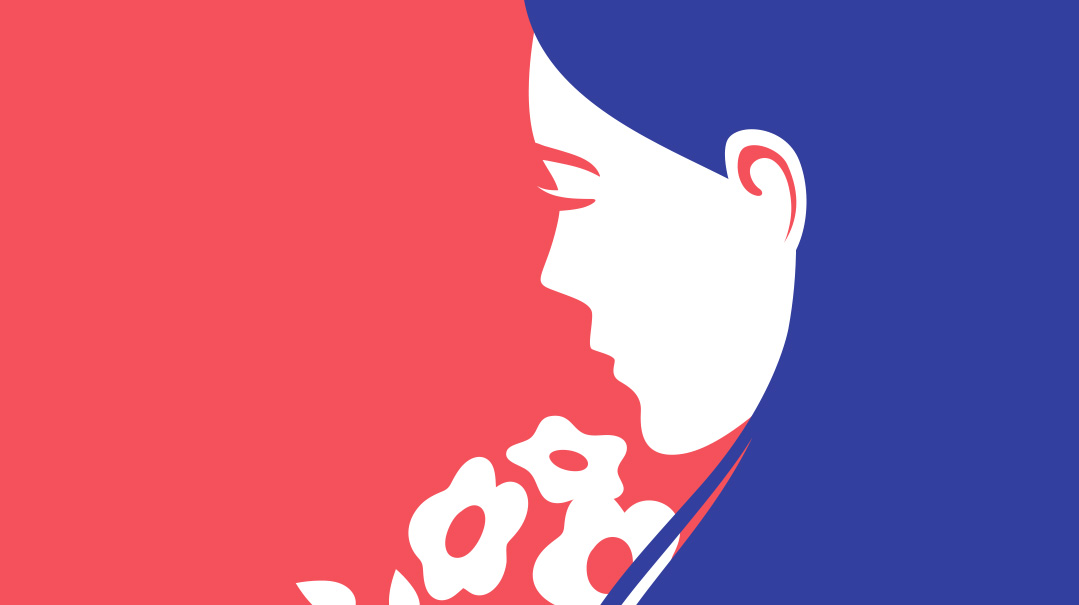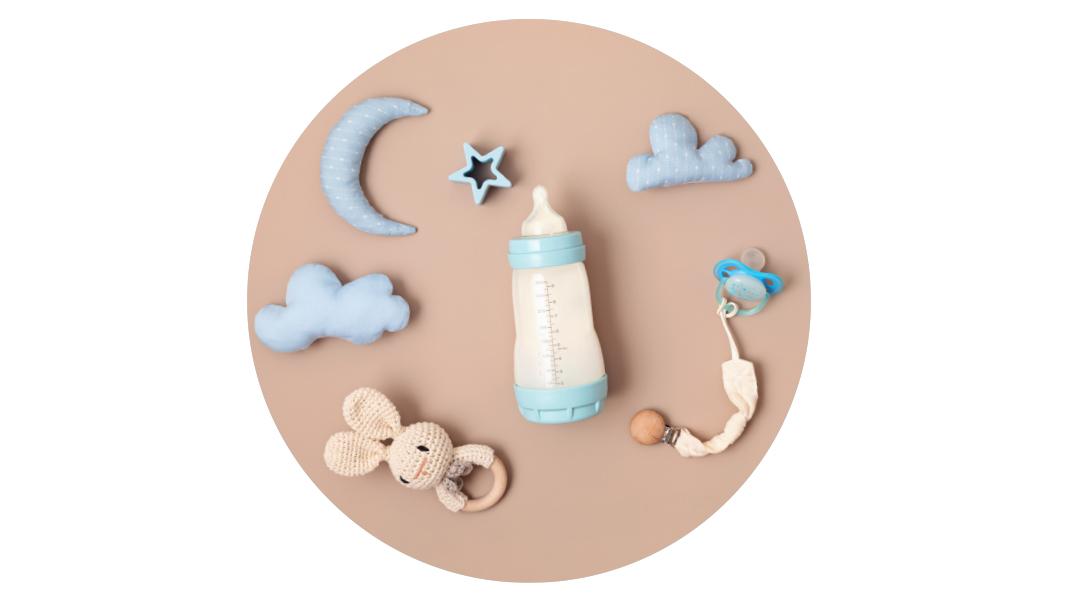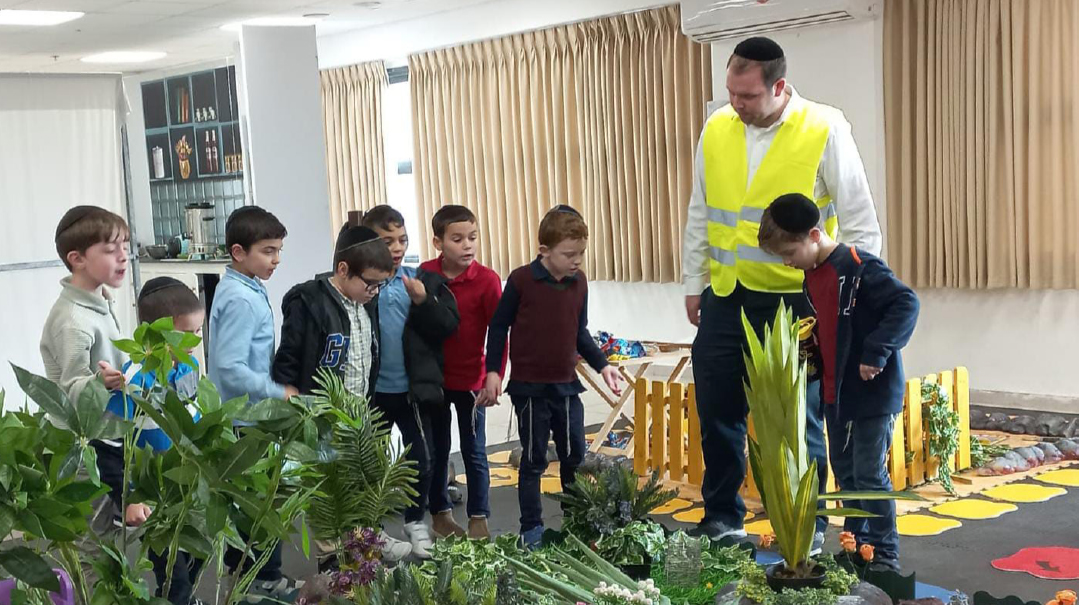Meet… Dr. Marcy Forta
| March 14, 2023What I wanted most was to give girls what I never got myself

Dr. Marcy Forta started Atzmi, an organization that teaches Jewish girls how to create a healthier body image, build self-compassion, and develop their unique and incredible selves
IT was a typical scene — one I had witnessed dozens of times as owner of a women’s clothing boutique. “Oh my gosh, I can’t believe how fat I look in this dress. I’m embarrassed to even look at myself in the mirror. Why can’t I get my act together and lose weight so I can finally look good?”
Another day; another woman feeling uncomfortable in her body.
These types of remarks always upset me, but I’d usually just think, it is what it is, society isn’t changing.
This time, however, was different. Her body-bashing remark hit me hard. Perhaps because I was once just like her: As a teenager, I struggled with an eating disorder. Perhaps because I am a mother of a daughter myself. What is wrong with us, I thought, that we can’t appreciate the natural size, shape, and structure of our bodies?
I realized with startling clarity that nothing would ever change if someone didn’t address our community’s body-image issues. But I couldn’t point fingers and expect someone else to tackle the problem. If I wanted something to be different, I’d have to step up to the plate myself.
As hard as it was, I shut down my clothing store and went back to school. I received my doctorate in education, specializing in eating disorder risk factors for Jewish teenage girls. What I wanted most was to give girls what I never got myself.
Finding Your Best Self
After five years of schooling and two years of extensive research and consultation with rabbis, teachers, principals, and mental health professionals, I launched a nonprofit to address the body image issues in our community. I called my organization Atzmi (which means “my essence”) because I want girls to find, appreciate, and develop their unique inner selves. I want them to feel comfortable in their bodies and in their own skin.
Our workshops — available to parents and educators free of charge — are designed to support self-esteem and positive body image, thereby reducing the risk factors for eating disorders and other mental health issues.
Poor body image starts young: almost 50 percent of children between the ages of 6 and 12 are dissatisfied with some aspect of their body. By age ten, 81 percent of children are afraid of being fat. Our work at Atzmi is, unfortunately, needed more than ever: Since the outbreak of COVID, cases of eating disorders have gone up 60 percent.
Atzmi’s workshops are currently geared toward teenage girls (in 8th, 10th, and 12th grades), with supporting sessions for parents and educators. It’s a comprehensive, hands-on interactive program that draws from extensive Torah sources — from the Gemara and Rishonim to contemporary hashkafic and halachic authorities — while also incorporating empirical research on mental and emotional health, and eating disorder prevention.
For parents and educators, there’s a seminar on how to identify and address weight bias and stigma, create a body image focus that’s positive and health-based, and recognize signs and symptoms of eating disorders.
At Atzmi, we focus on prevention strategies because they work: 76 percent of children who participate in body confidence programs feel better about themselves.
Rethinking How We Look at Our Bodies
There are many factors that go into building a person’s body image: weight stigma, diet culture, family considerations, the perceived ideal appearance, peer pressure, and — in our generation — social media.
You’ve heard this before, but it bears repeating: Social media is silently destroying our young girls. It sweeps them far away into a world of fantasy. They fall for the perfection it feeds them. They don’t understand how much stress and anxiety went into creating that one perfect image.
The entire goal of social media is to entice us and make us run after glitz, glamour, and externality. And it’s bleeding into our community’s whole outlook. Without meaning to, our way of life has put a central focus on appearance. Subconsciously, our society has become obsessed with body image. The big glossy ads are screaming, I am me because of how I look, please notice my body and give me attention.
Your guf has great value and significance — it is the vehicle that carries your neshamah in This World. Hashem gave it to you and it’s your job to care for it and treat it properly.
But you are so much more than how you look. You have unique talents, abilities, capabilities, and qualities that Hashem created you with. Who are you inside? Are you kind to others? Are you loving? What makes you feel happy? How do you move on after you’re hurt? There are so many different components that make up a human being.
Our true value does not come from what we look like, how thin we are, or what our body shape or weight is. It comes from within. And no one can take this from us if we don’t let them.
Hashem loves us. He created us with every possible thing that we might need to fulfill our unique mission. If you have it, you need it. If you need it, you have it. If He wanted any part of you to be different, He would have done so. You are the very best version of you — even with your flaws and imperfections.
The Girls of the Future
Outside of my work with Atzmi, I work privately with parents of children who are struggling with severe eating disorders. What’s so devastating is that many of these cases could have been prevented had they been spotted earlier. Prevention really works. Once an eating disorder takes hold, the child may no longer be in control of her own mind. The malnourishment of eating disorders is one issue, but even more damaging is the eating disorder voice inside of girls: It belittles them, convinces them that they have no value, makes them fear food, and feeds them the lie that gaining weight is the worst thing that could happen.
Sometimes, I wonder if any of my efforts are really changing anything. I have to remind myself that change is a slow process. Results are not instant. I recognize that my work is for the future. The girls of today will be the mothers of tomorrow. If I can change just one girl’s way of viewing and speaking to herself, I can effect change in future generations.
What I wish all mothers understood:
Food is nourishment. Food keeps us alive and healthy. It should never be used as a reward for behavior — or as a punishment for one.
Recent books I’ve enjoyed:
It’s All about Change: Stories and Insights from Rabbi Zecharia Wallerstein zt”l
Body Happy Kids by Molly Forbes
The Gifts of Imperfection by Brené Brown
I never leave home without:
My Tehillim, phone, water bottle and a snack.
My favorite form of self-care is:
Pilates and podcasts.
My future goals:
To create a boy’s division of Atzmi and write a book about eating disorders for our community.
(Originally featured in Family First, Issue 835)
Oops! We could not locate your form.







